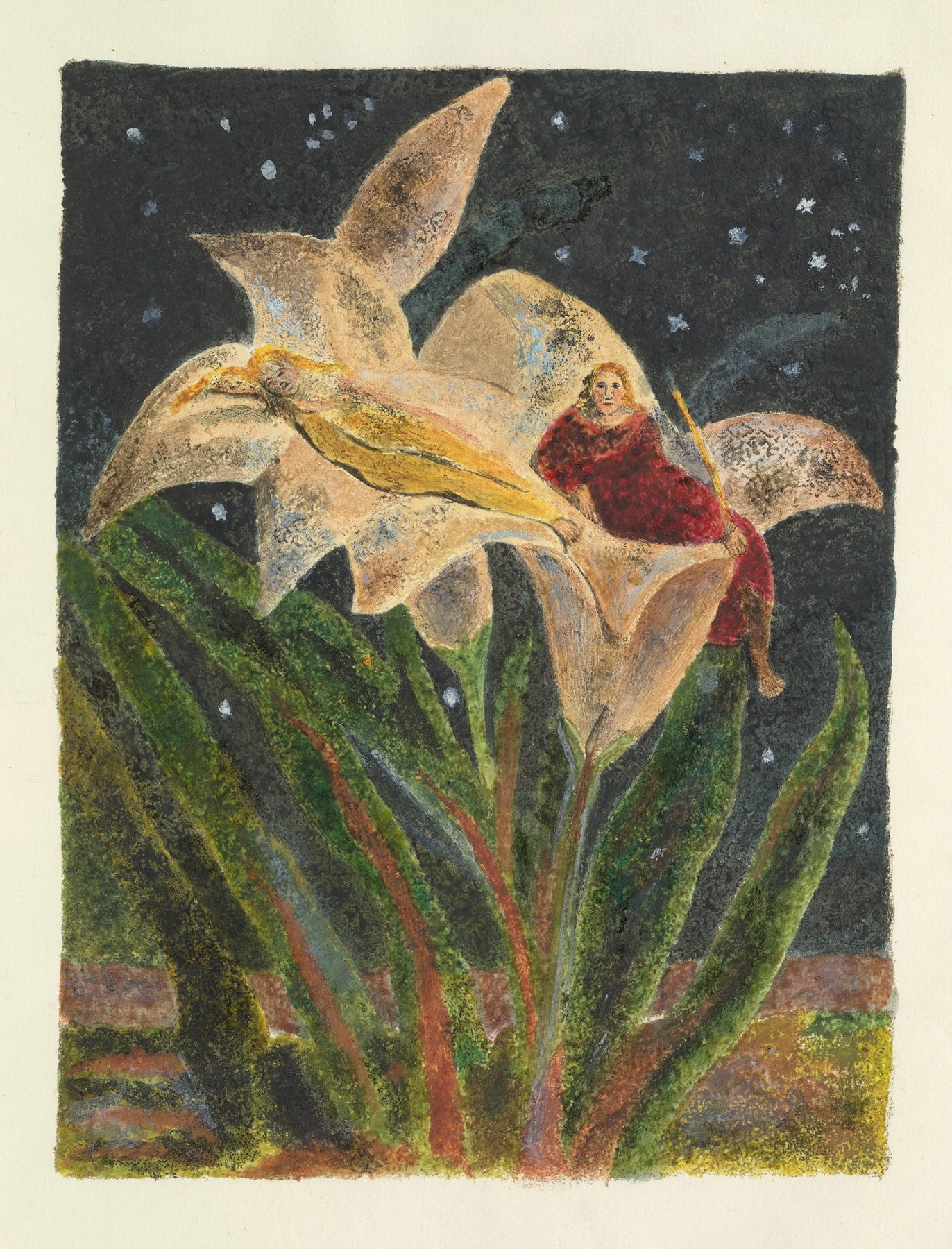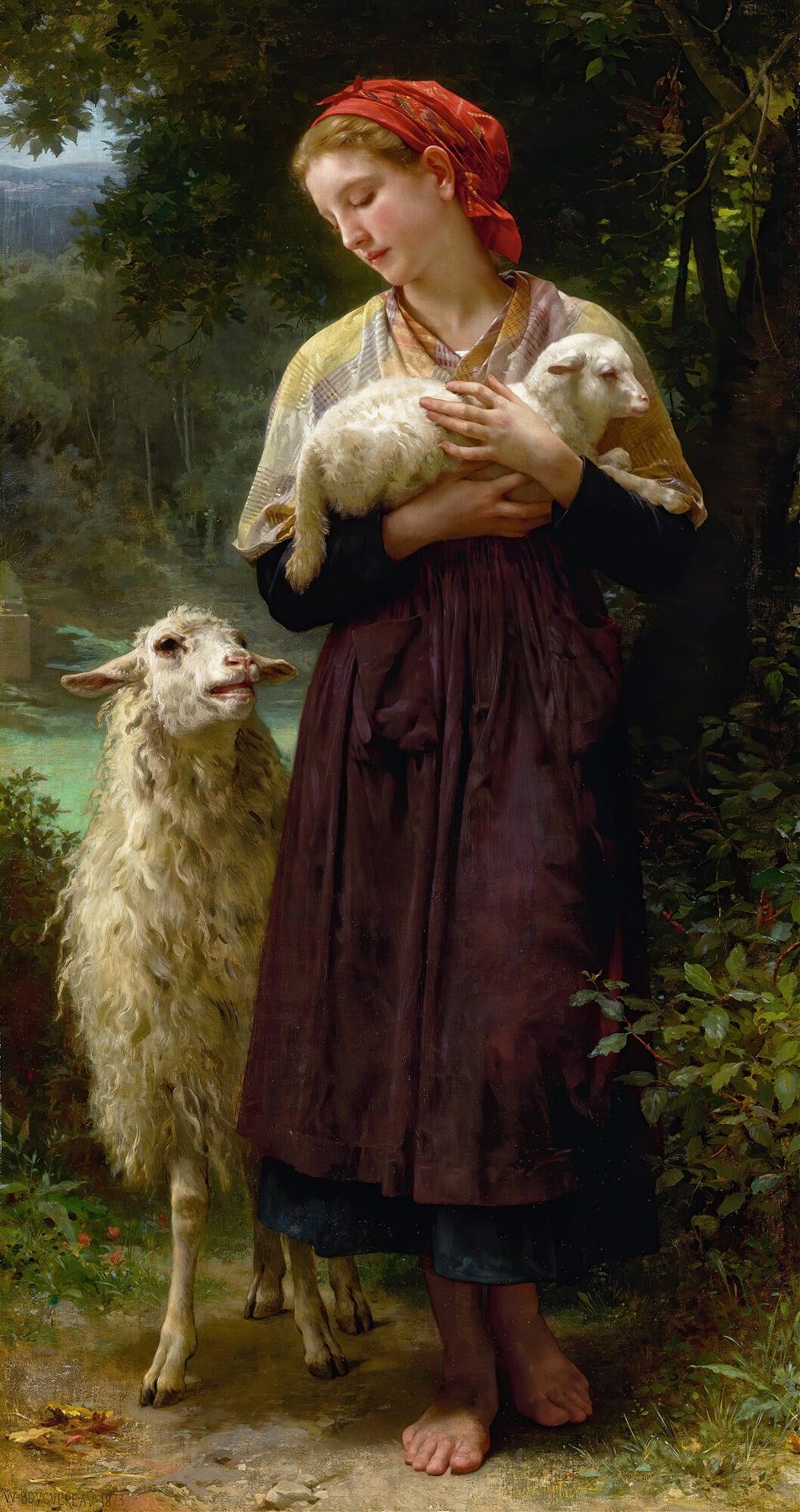Hey there! Thanks so much for reading Assembling Remnants, the lil’ newsletter that just wants to be your friend. If you love AR, please consider becoming a paying supporter. Everything here is free (except my deep archives), and I want to keep everything free and accessible for everyone. I also need time to write things for you. So, if you have the financial resources please consider a paid subscription. (if you don’t have the financial resources and would like to access the archives, send me a message and I will comp you a subscription, no q’s asked (don’t worry, I’ve been there)).
I’ve been thinking a lot about the phrase “acting in good faith.”
This phrase came up in my life recently— it was mentioned by
, who writes a beautiful newsletter called On the Commons. Of course, I’d heard the phrase before, but never really looked into its meanings or origins. Because I’m a writer I decided to follow the phrase and see what I could learn. I set off down the path, led by my curiosity.Turns out that the phrase “acting in good faith” is essentially identical to a phrase I’ve heard all my life: bona fide, which translates literally from the Latin to “in or with good faith.” Its opposite it mala fide, which translates to “bad faith, intent to deceive.” It’s a legal phrase, often applied to business dealings, but it’s also applicable to my own life (and maybe yours)?
We’re vulnerable creatures, us humans, with our big brains and unevolved limbic systems. Those brains, they have what’s called “negative bias.” It’s an evolutionary thing that has kept us alive (as a species) for a long, long time. Basically, we see the world as dangerous, and therefore expect bad things to happen (like a lion trying to eat us). In a lot of ways our negativity bias is a good thing. Socially, not so much.
This is where good faith comes in.
We can assume that others are acting in bad faith or good faith— either assumption is just that— an assumption. So why not assume sincerity and honesty, rather than the opposite?
Truthfully, we never know anyone’s intentions. There’s no way to wholly know another person— I learned this with my mother’s suicide (something I couldn’t have predicted). The people closest to us can remain unknowable. We remain unknowable to others.
This unknowableness is one of the reasons I’m a writer. I write as inquiry. To know myself more deeply. As someone who lives with CPTSD (Complex Post Traumatic Stress Disorder) and as an autistic person, writing is a tool for my survival. When I stop writing, I stop knowing myself. This is why I write in a notebook nearly every morning. Without written reflection I risk forgetting who I am in the midst of everyone’s ideas of who they think I should be or who I think they’d like me to be for them.
What do I know about myself for sure? Well, I know that I grew up in an environment that taught me to abandon myself. I grew up learning how to offer myself up for sacrifice, and once I was actually a grown-up it took me decades to learn that I was choosing to sacrifice myself. No one was making me do it (although this is much more complex and nuanced than I’m making it here).
Saying no was never an option in my childhood. I didn’t understand that I could possess myself and did not have to be possessed by others in order to have definition as a person. “No” became a very powerful word for me, and it still is.
A couple weeks ago I had an astrological natal chart reading (my first). It exploded, reinforced, expanded and reinterpreted my ideas about myself. Slowly I’ve been processing everything.
Some strong resonances have been orbiting my consciousness. The first is what I wrote above— the atrologer said, literally, that she saw me as a kind of sacrificial lamb during my childhood. She said, “you’ve chosen a difficult path.” This wasn’t surprising though it was an emotional moment.
She also called me gullible.
Part of me protested when she said this, but right away, I knew she was right.
I remembered first moving to Florida a year and a half ago, sans car and desperate for transportation but short on cash. After perusing FB marketplace I ended up buying a scooter from this guy. He seemed nice, but during the transaction I had this feeling in my gut that something was off. When I test drove the scooter it didn’t seem entirely stable. I bought it anyways.
You may know where this is going.
The scooter was fucked-up. It had been crashed before, and it was unsafe to drive. I ended up selling it to someone else (and being totally transparent/taking a financial loss) and after a series of painful hiccups I ended up with an okay, too-expensive, kind of falling-apart car.
So, I’m gullible. Not because I trust others too much, but because I don’t trust myself.
What does this have to do with acting in good faith?
If I know I’m gullible shouldn’t I assume that everyone is out to rip me off or do me harm?
I’ve tried that. It sucks. The whole world looked like I was seeing it through foggy lenses. Nothing made sense and I was scared of everyone.
But I don’t want to keep being a little sacrificial lamb now, do I?
Well, nope. But I also have no control over who other people are. I have no idea of their intentions. So, why not assume that everyone is acting in good faith, rather than assuming the opposite?
In order to relax enough to let myself believe that people are acting in good faith, I have to trust myself. Trust my intuition. Trust that little nagging feeling. I have to listen to myself. And I can act on my intuition when it comes to not engaging, not buying something, etc., but I also know that intuition, or my ideas of others, are not always correct, so it can be harmful to act solely on intention or assumption when it comes to taking actions against others.
So why not assume that they are good? In assuming that they are good, I place them on the same level as me, because I also assume that I am good. I mean, I try to be good, even if it doesn’t always work out.
So why not treat others that way, too? And just assume that they’re trying to be good, and don’t have ill intentions?
Then if I’m proven otherwise— for instance, if someone threatens to hurt me, or puts me down, or is outright abusive— then I have evidence, and I can let go, and walk away, knowing I tried. That I was open to them being good, and I wanted them to be good. And that I also tried to be good, until I realized that nothing I did could be good enough, and I had to let myself be bad in their eyes, and possibly in the eyes of others.
When we’ve been hurt before (and we’ve all been hurt before) it’s so easy to assume ill-intent of others. But that’s not reality. That’s us projecting our past onto the present moment, and therefore repeating the past. There we are, stuck in that loop and wondering how to get out of it. But the loop is imaginary. We’re imagining we’re stuck inside there. At any moment we can step out.
We’re already outside of the past. It’s all new here. Full of potential and possibility, and good people.
I’m really making it sound easy, aren’t I? Stepping out of the loop.
It’s not easy at all. It takes continuous work, and sometimes I wish I were someone who had never been a sacrificial lamb and had instead been a prize horse, or some other kind of animal that doesn’t get slaughtered.
We all have our path, I guess.
So, good faith. Acting in good faith. That’s what I’m choosing to believe of others, and of myself. This choice lets me relax a little bit, and trust myself a little more, and release the need to control everything. Because I really control very little. Almost nothing. Except myself.







I so, so deeply agree with you regarding all of this and especially that last part. For a long time I centered my trauma in a way that actually hurt others, and I think this is somewhere we can get stuck- in thinking no one else has experienced the pain we've experienced or are experiencing. In that way we erase others and inflict trauma! Which is so wild. I personally think that patterns like this are why there's so much violence in the world- on all levels. Like you said, if we all approached one another with the understanding that each of us knows pain and that all of us are in various stages of healing, being healed, healing others, or in the midst of recovering or maybe even enduring a traumatic event currently. We just never know, so why not be kind and give, as you said, the benefit of the doubt? People always show us what they're capable of regardless, I think, but if we offer some grace there's more possibility that they will feel safe doing so, which is something I always hope for.
Love it. I feel like those of us who have suffered trauma and abuse at the hands of loved ones have an especially difficult time trusting our gut. After all, we were gaslit from our earliest days. What we felt to be true was denied.
So in order to trust our gut, we have to do the hard work of parsing through the trauma, reconnecting ourselves to our bodies, and trust. It’s an incredibly difficult process.